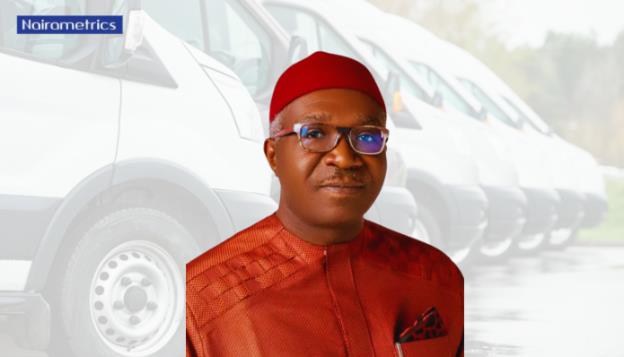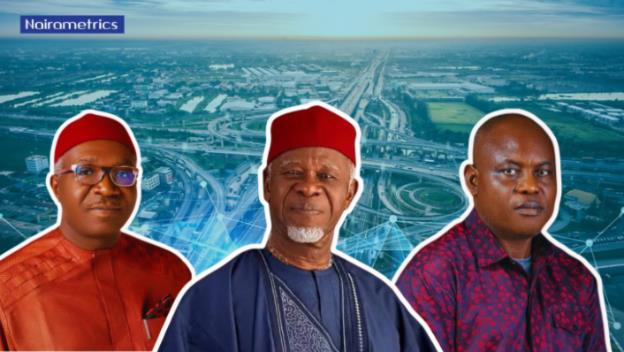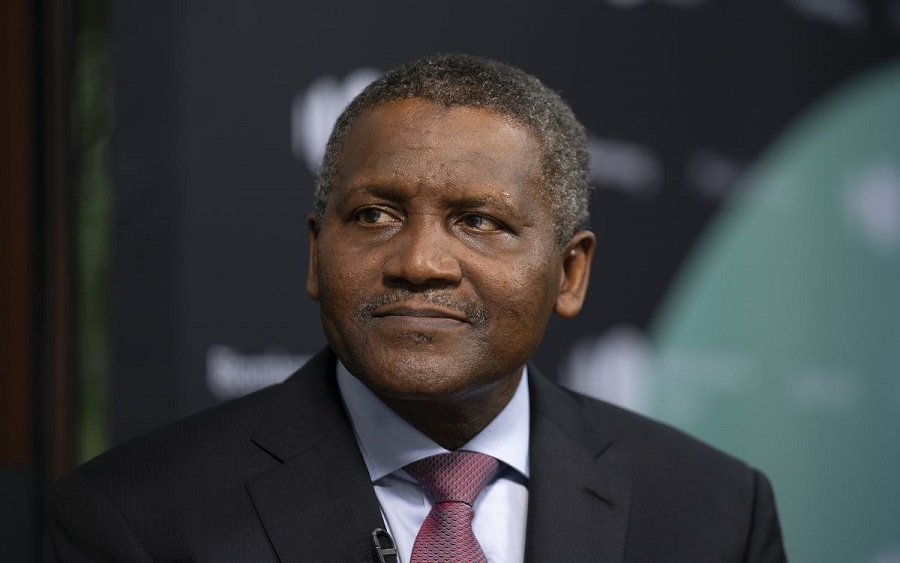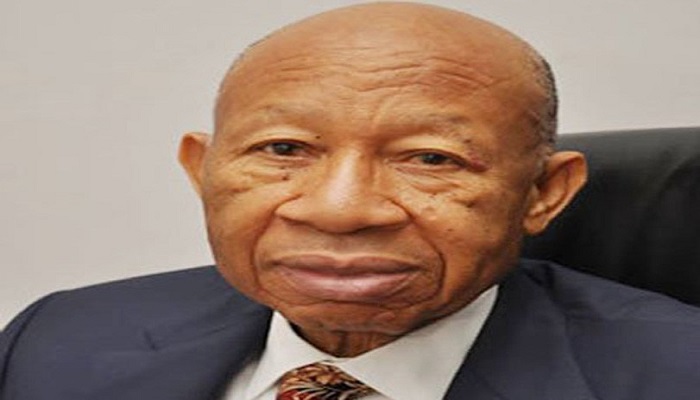Mass transit is the lifeline of Nigeria’s economy, connecting cities, enabling commerce, and transporting millions daily.
But behind the movement of people and goods across the country lies a powerful but often under-celebrated force: Nigeria’s locally owned transport companies.
While most of the sector is dominated by state-run bus services or operators working under local motor park licenses, a distinct category of transport companies has quietly scaled up across the country.
Built from scratch, these businesses started with humble beginnings: a few buses, a regional route, and a vision. Decades later, they’ve evolved into nationwide operations, boasting fleets of hundreds (even thousands) of vehicles that serve commuters, traders, and travelers across all 36 states and beyond.
From the busy terminals of Lagos to the far reaches of Sokoto and Calabar, these companies have turned inter-state transport into a structured, high-volume enterprise.
This report is not meant to set up a paradox or downplay the importance of state-run bus systems or informal motor park operators, which also play indispensable roles in Nigeria’s transport landscape. Rather, it highlights the specific contributions of private companies that have built scalable, formalized mass transit operations with verifiable footprints and significant economic impact.
It’s important to note that while there are many transport operators across the country, this story focuses on companies and founders for whom substantial and publicly verifiable data exists either through official websites, historical records, or independent points of contact within the industry.
These include companies with trackable operations, documented growth trajectories, and active engagement with customers and regulators alike.
Despite challenges like poor road infrastructure and rising fuel costs, these local transit giants have remained resilient, keeping the wheels turning for millions.
In this edition, we explore how Nigeria’s transport sector thrives on local ownership, innovation, and the drive to connect a nation on the move.

Prince Emeka Mamah, Group Managing Director of Ifesinachi Transport Limited, oversees one of Nigeria’s most recognized transport companies, a business built on the back of a single truck and a father’s unrelenting resolve.
Today, the company operates a fleet of more than 200 luxury buses and 500 Toyota Hiace vehicles, connecting major cities such as Lagos, Abuja, and those across Nigeria’s Eastern corridor. With over 3,500 employees, Ifesinachi Transport has become a staple of Nigeria’s intercity mobility network.
But long before Emeka Mamah stepped into the executive office, the company’s foundation was laid by his father, the late James Ogbonnaya Mamah—a man whose journey from orphaned child to industrialist is woven into the very identity of the business.
Born on April 14, 1942, James Mamah lost his father at an early age and was raised under tough economic conditions. After completing primary school in the late 1950s, with no means to pursue further education, he worked as a houseboy in Onitsha. Like many young Nigerians of his generation, he relied on hard labor to stay afloat.
It was in Sapele, working as a manual laborer, that he began saving money, eventually returning to Onitsha to purchase a single truck in 1965. That modest investment marked the beginning of a business that would evolve into the Ifesinachi Group of Companies.
The company was formally incorporated in 1981 as Ifesinachi Industries Nigeria Limited. Under Mamah’s leadership, it grew from a one-man haulage venture into a major indigenous player in Nigeria’s transportation sector.
















Nigerian local business should be encouraged by all as a potential future hub that can help support the national economic challenges
Our government and citizens at large should support and give grant to any viable business striving to grow irrespective. That way. Nigeria economy will grow and GDP surge over time
Daniel
Perfect
This article is very one-sided, reporting only the Igbos in the business, representing Deborah’s allegiance and primary constituencies. What happens to other major operators, such as, Big Joe Motors operating from Benin City to other parts of Nigeria — Abuja, Lagos, Kano, Warri, etc.